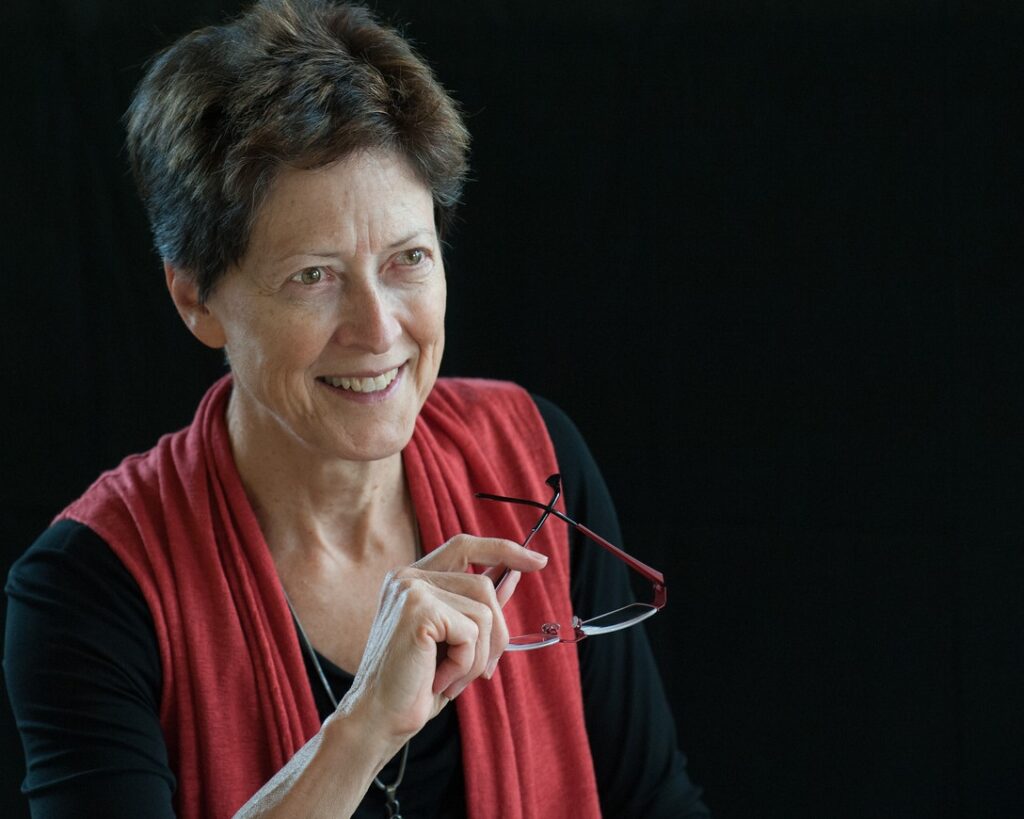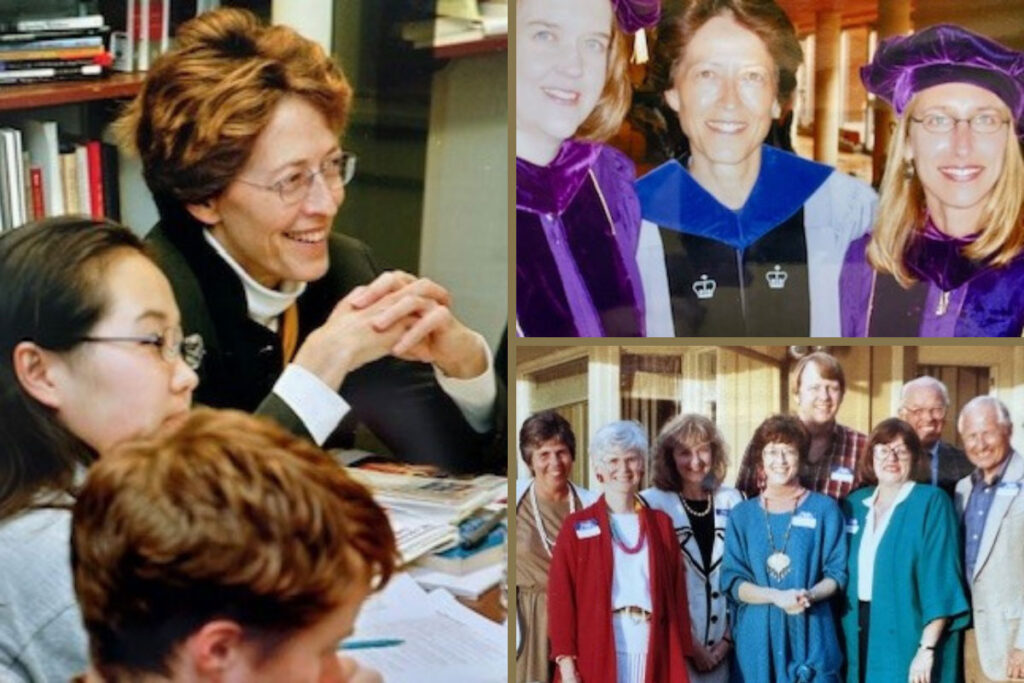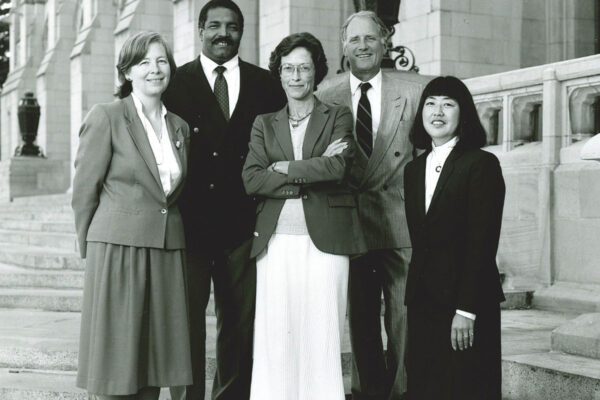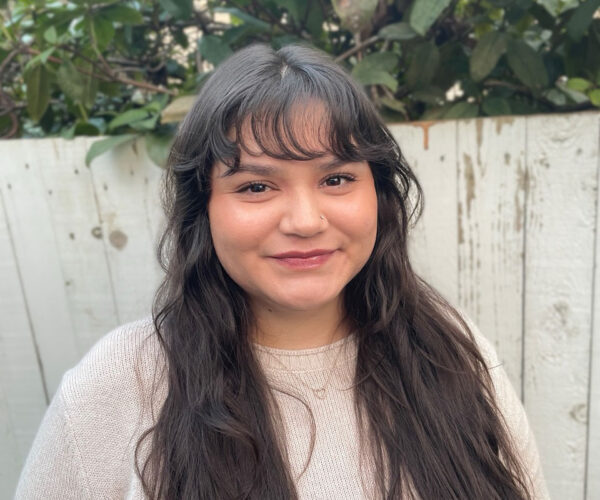In the mid-1980s, long before the University of Washington Bothell was an idea, the UW was in a tough position. Funding for higher education was low, and the country was coming out of a major recession. At the same time the Puget Sound region was growing, and the state legislature’s Higher Education Coordinating Board tasked the UW with figuring out how to expand upper-division and graduate programs.
At the center of solving that problem was the UW’s then vice provost, Professor Donna Kerr, who played a pivotal role in coordinating the development of what would become the new UW branch campuses in Bothell and Tacoma.
For her catalyzing effect during the founding of UW Bothell, Kerr recently received the inaugural Catalyst Award, although Kerr is quick to contextualize her part in UW Bothell’s founding.
“It happened because of smart people — dedicated people who understood the importance of higher education,” Kerr said. “I was just in the right spot at the right time.”
Kerr’s roles at the UW
Kerr grew up in Kansas in a small rural community also named Washington. She studied Russian and Soviet area studies at the University of Kansas, before continuing as a graduate student in Russian history. Later, after living in Europe and teaching in New York, she completed her doctorate in philosophy and education at Columbia University. In 1973, she accepted a position on the UW faculty as a professor of educational leadership and policy studies.

Ten years later, in 1983, Kerr became the University’s academic vice provost, the highest position at the time held by a woman in the central administration. One of Kerr’s early achievements in the role was the completion of a report on UW undergraduate education. The report found that the UW’s undergraduate students performed extraordinarily well on national benchmarks. At the same time, however, the UW was underfunded. Faculty salaries lagged far below their peers, classes were taught in dilapidated classrooms with torn shutters, and faculty were even expected to pay for their own photocopies.
In this atmosphere, Kerr said, the expansion of higher education and of the UW felt like a low priority for many. So when she was tasked with reporting on how to make it happen in 1987, she faced a lot of opposition, both on and off campus.
“The faculty thought there were too many mouths at the trough already,” Kerr said.
Writing ‘The Kerr Report’
To figure out how to expand higher education in Washington, Kerr coordinated a study aiming to answer two questions: “What will the region’s needs for higher education be in the year 2010?” (at that time, 20-plus years in the future) and “To what extent will existing institutions, public and private, be able to meet those needs?”
Kerr knew the study would need to involve the entire educational community, so she built a coalition of supporters who could speak to the needs of the region widely. “We pulled together people who cared about these questions,” Kerr said, “from the HEBC Board, from the community college system, from private schools and colleges in the area.”
By the time the report was written, more than 5,000 people had been surveyed in 1,600 hours of interviews. Interest groups, legislators, regional employers and organizations all played a part in designing the study and giving their feedback.
“I knew I didn’t know enough myself to do this on my own,” said Kerr. “I was coordinating a study that involved tapping into tremendous resources across the state and, actually, the country.”
The genesis of UW Bothell
The report — officially titled “Plan to expand upper-division and graduate programs in the Puget Sound Region” but unofficially named “The Kerr report” — was completed in 1988. Kerr then presented the findings to the HEBC and the state legislature.
The report concluded that expansion of higher education in the region was needed due to anticipated unmet need that would grow exponentially from the mid-1990s through to 2010. Projections showed that the new opportunities needed to be for people whose work and family responsibilities would prevent them from traveling far from their home to pursue higher education.
Based on these predictions, the report recommended that the UW build two new campuses, one in Bothell/Woodinville and another in Tacoma, so that higher education would be more accessible to the greatest number of people in the Puget Sound region.
The findings were clear, and support grew for expanded access from across the regional education system. With that, in 1989, the state legislature passed a bill creating “branch” campuses for the UW. “The branch campuses were born out of a need — not just for more opportunities at the upper-division level,” Kerr said, “but if you looked inside that, more opportunities for people who had been underserved.”
Although the foundational research report was a massive undertaking, once the branch campuses were approved, an even larger project kicked into gear.
A dream team of builders
“In May of ’89 the legislature passed the bill,” Kerr said, “and they asked the University to open the branches and to do it within a year.”
Almost everything needed to be created from scratch — faculty and staff needed to be hired, programs needed to be developed, new libraries needed to be established, and initial buildings needed to be leased. Most challenging of all, the new branch campuses needed students.
To make it happen, Kerr quickly built a team dedicated to this ambitious new undertaking. “We hired experienced staff who understood the mission and were committed to making it happen, people who understood how to work as part of a team,” she said, adding that she also hired people she knew she could trust.
They were given an “office” in a classroom in Thomson Hall at the University of Washington where they regularly met to discuss the launch of the two campuses. Most of the time they were out of the office, however, because “there wasn’t a lot of time for sitting around,” said Kerr.
Kerr herself worked six and a half days every week that first year to launch the campuses. Kerr recalled that she had meetings all over the UW and was fortunate to be given a universal parking pass so she could park anywhere. She was so busy that she also had a car phone installed so she could take meetings while driving back and forth to Olympia to meet with members of the legislature.
Failure wasn’t an option
Despite the size of the undertaking, members of the team never considered that they might fail.
“When you know you have a legislative mandate, being an optimist is a luxury,” Kerr said. “We had to believe we could do it. Period.”
More than 35 years later, it’s hard now to believe there were any doubts. UW Bothell opened in 1990, just a few months after Kerr left her position as dean of the Branch Campuses having handed the reins over to Dr. John Keating, dean of the UW Branch Campuses and vice provost. Kerr never intended to go on to work for the new branch campuses, she said, and left the role once their futures were secured with interdisciplinary faculties.
Kerr went back to working as a professor at the UW in Seattle, and until the time of her retirement in 2011, focused on her scholarly work and mentoring doctoral students.
“To me, it has been a pleasure and a privilege to have a career where I’ve kept learning,” she said. “I believe education and research are crucial to a healthy society and most certainly to a democracy. What could be better than having a career in an outstanding university and a role developing its new campuses?”

An award for Kerr and her team
For her critical support in UW Bothell’s founding, Kerr was named the inaugural recipient of UW Bothell’s Catalyst Award at the 2025 Recognition Reception last month. The award was created to recognize those who play a critical role in forming or transforming UW Bothell’s campus community.
Despite accepting the award, Kerr underlined that she was receiving the award on behalf of the many people who made both UW Bothell and UW Tacoma a reality.
“This award is not about me,” she said “You can’t be a catalyst in isolation. A catalyst ensures the quality of the work is unimpeachable — that we bring others along. I coordinated, which to me is how effective leadership happens.”
For that coordination and more, UW Bothell Chancellor Kristin G. Esterberg offered her gratitude and congratulations to Kerr.
“On behalf of the entire UW Bothell community — past, present and future — we are grateful for Donna’s vision and tenacity. Her vision, leadership and unwavering commitment to expanding access to higher education helped lay the foundation for what UW Bothell has become today: a thriving, inclusive and innovative institution.
“Her humility in accepting the Catalyst Award on behalf of all of those she worked with speaks volumes about the kind of leader she is — one who lifts others, builds coalitions and inspires lasting change. We are deeply grateful for her role in shaping our campus and for the legacy of opportunity she helped create.”
“I believe education and research are crucial to a healthy society and most certainly to a democracy. What could be better than having a career in an outstanding university and a role developing its new campuses?”
Dr. Donna Kerr, recipient of 2025 Catalyst Award



